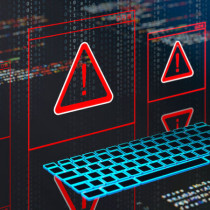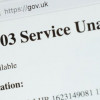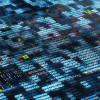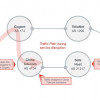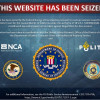New virus targets .exe files
Antivirus vendor Central Command Inc. has detected a new worm that, disguised as a warning from Microsoft Corp., mass mails itself to users and once launched from an attachment, encrypts executable files, rendering them unusable.
The Medina, Ohio-based security company rates the virus as a medium risk, and said that so far there's only one report of an infection. The worm reportedly can infect computers running Windows, Windows NT and Windows 2000.
Even so, Ryan Russell, an analyst at business security firm SecurityFocus.com in San Mateo, Calif. said the virus does pose a threat: "I think it's just early in the cycle."
According to the announcement, "The new worm named Win32.Invalid.A@mm carries a destructive payload that can render executable (.exe) applications unusable by encrypting them with a random encryption key.
"This mass-mailing worm first verifies that an Internet connection is available, and if a connection is established it searches for all files starting with the extension '.ht*' in the My Documents folder," the announcement said. "It then extracts the e-mail addresses from within the files and sends" a message claiming to be from Microsoft.
"This new worm attempts to use social engineering to again trick users into opening its attached file. Casual Internet users are at most risk for Invalid's damaging retaliation," said Steven Sundermeier, product manager at Central Command. "At this time, we've received one report of this new worm, but Central Command is monitoring this worm's activity very closely."
The worm-embedded e-mail has a false "from" field indicating that it's from support@microsoft.com. It directs the user to download a patch to prevent buffer overruns in Internet Explore from invalid SSL certificates.
"The SSL protocol is used by many companies that require credit card or personal information, so there is a high possibility that you have this certificate installed," the bogus e-mail says. "To avoid being attacked by hackers, please download and install the attached patch. It is strongly recommended to install it because almost all users have this certificate installed without their knowledge."
CNN.




